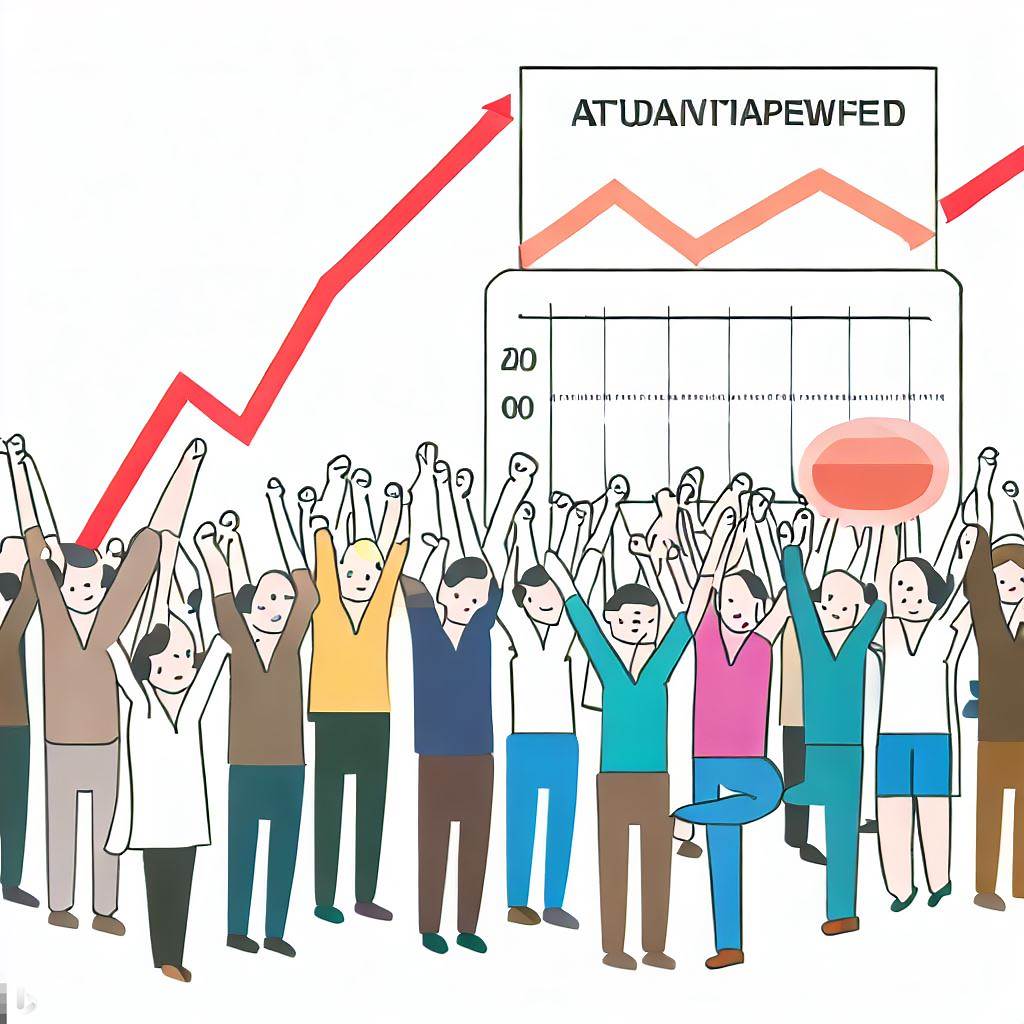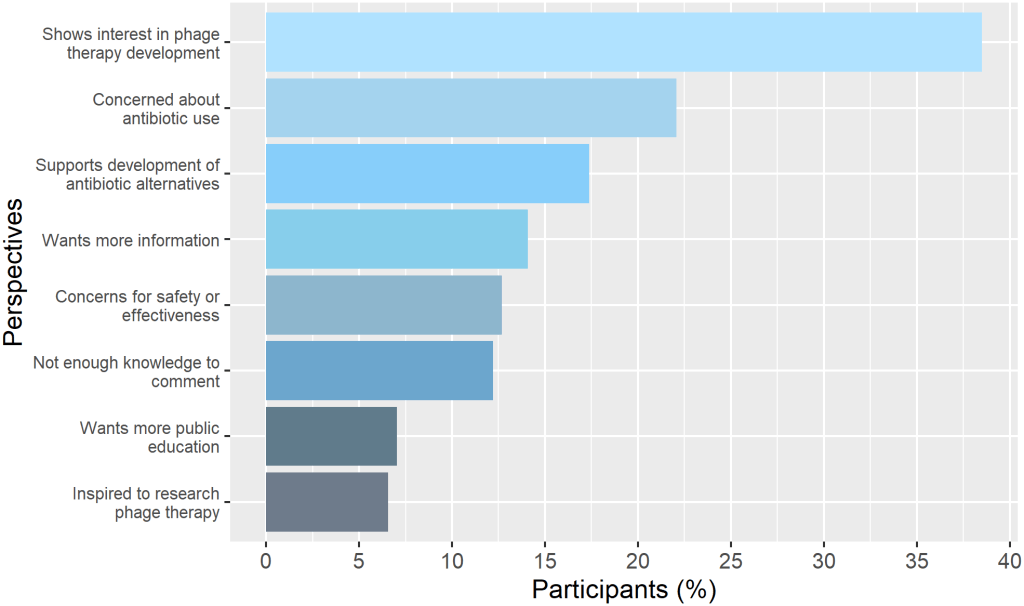
Antimicrobial resistance (AMR) has become a global crisis, posing a threat to human health as previously treatable infections become increasingly lethal. In response to this alarming scenario, scientists are revisiting an age-old therapeutic approach known as phage therapy. The University of Exeter’s researchers have conducted a groundbreaking study to assess the UK public’s awareness, acceptance, preferences, and opinions regarding this promising alternative to antibiotics.
Led by researchers from the University of Exeter, this study sought to delve into the mindset of the UK public towards phage therapy. A survey was designed and administered to 787 participants using the Prolific online research platform, incorporating two unique experiments to gauge public attitudes.
The study’s findings revealed that the UK public’s acceptance of phage therapy is already moderate, indicating a willingness to explore alternative treatments for combating antibiotic resistance. On a scale ranging from 1 (indicating low acceptance) to 7 (indicating high acceptance), participants averaged a likelihood of acceptance at 4.71. This initial level of openness provides an encouraging foundation for further exploration and development of phage therapy.

What proved to be particularly fascinating was the impact of awareness and context on public attitudes. The study revealed that priming participants to consider the importance of novel medicines and the urgent need to address antibiotic resistance significantly increased their likelihood of accepting phage therapy. This underlines the significance of raising public awareness and providing appropriate context when introducing phage therapy as a potential solution.
Delving deeper, the researchers conducted a conjoint experiment to identify the factors that influence treatment preferences among the participants. The study found that success and side effect rates, treatment duration, and the approval status of the medicine significantly influenced participants’ preferences. These findings emphasize the need to emphasize the efficacy, safety profile, treatment duration, and regulatory approval when communicating the potential benefits of phage therapy.
The study also examined the impact of framing phage therapy using different languages. Notably, participants exhibited a higher acceptance rate when the treatment was described without the use of perceived harsh words such as “kill” and “virus.” This suggests that employing positive and less alarming language can contribute to a more favorable perception of phage therapy.
This groundbreaking study conducted by researchers at the University of Exeter offers essential insights into the development and introduction of phage therapy in the UK. By understanding the factors that influence public acceptance, stakeholders can tailor their communication strategies and implementation plans to maximize the likelihood of acceptance. This involves raising awareness, emphasizing the urgency of addressing antibiotic resistance, and framing phage therapy in a positive light.
As the threat of antibiotic resistance looms large, exploring alternative treatments such as phage therapy becomes paramount. The University of Exeter’s study sheds light on the UK public’s awareness, acceptance, preferences, and opinions regarding this innovative approach. With a moderate level of acceptance already in place, there is a solid foundation upon which to build further public support. By combining technical feasibility with effective communication strategies, phage therapy has the potential to revolutionize the fight against antibiotic resistance, ensuring a healthier future for all.
You can read the original work from here: McCammon, S., et al. (2023) Phage therapy and the public: Increasing awareness essential to widespread use. PLOS ONE. doi.org/10.1371/journal.pone.0285824.



[…] Unveiling the UK Public’s Rising Acceptance of Phage Therapy: Insights from a New Study […]